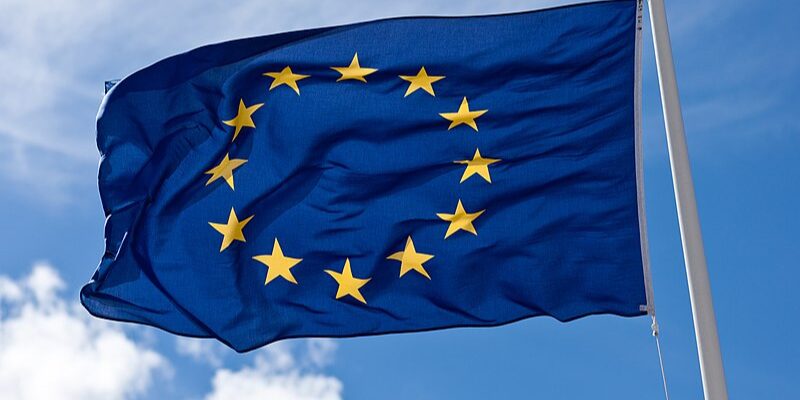
Apple And Google Hit With EU Antitrust Actions Due To Trump’s Tariff Threats
- 19.03.2025 00:00
- techbullion.com
- Keywords: Antitrust, Tariffs
The European Union has taken antitrust actions against Google and Apple, accusing them of violating competition rules under the Digital Markets Act. These moves come amid U.S. President Trump's threats to impose tariffs on Europe over tech regulation. Both companies argue that these measures hinder innovation and compliance efforts.